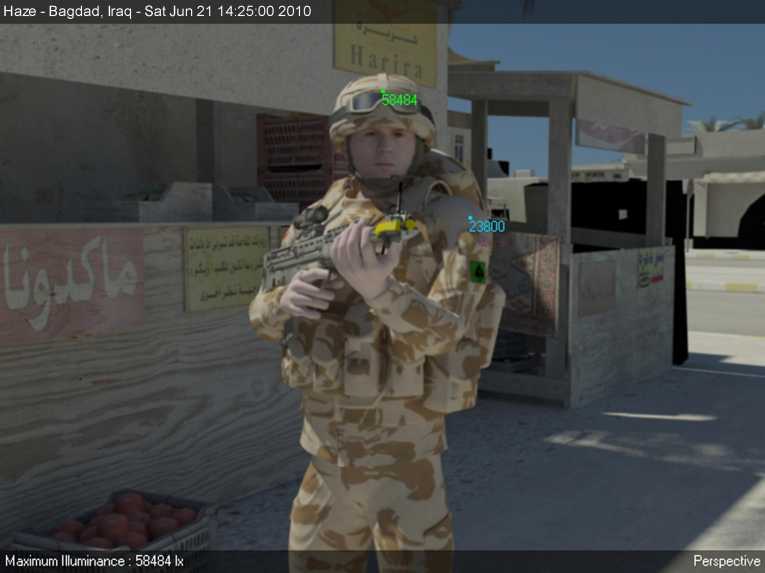It has been announced that scientists from the Universities of Glasgow, Loughborough, Strathclyde, Leeds, Reading and Brunel in conjunction with the Defence Science and Technology Laboratory (DSTL) are currently developing a new personal power pack for British troops. The project called 'The Solar Soldier' is a 2-year long program which is due for completion in December 2011.
The power packs that are used by the troops at the moment are bulky and heavy and are proving to be a hindrance for them whilst they are engaged on the battlefields. Also, the current power packs require the troops to frequently return to base so that they are able to recharge them.
Funding for project was awarded by Engineering and Physical Sciences Research Council (EPSRC) and the Ministry of Defence (MoD) and will amount to £650,000 with additional monetary supplements being provided by other sources. The proposal for the new power packs includes making them up to 50 percent lighter and fitting them with a solar and a thermoelectric-powered system.
This will enable them to charge using these sources instead of the traditional rechargeable batteries meaning that the soldiers are able to extend the range and length of their missions. Not only will this improve the troops' mobility but it will mean that they will have a consistent power source available to them at all times. There are also plans being discussed to find ways to adapt these power sources so that they can be used for other means, such as using the heat which is created by the systems for something which will further assist the troops.

The new power packs will be created using a combination of solar photovoltaic (PV) cells, thermoelectric devices and new, innovative energy storage technology. This combination is one that hasn't been used before and the scientists behind the project are hopeful that it will prove to be effective. The solar and the thermoelectric systems will work in a complementary fashion whereby the solar cells will provide energy to the pack by day and at night the thermoelectric system will take over. The pack will also provide the added benefits of absorbing excess electromagnetic energy, making the soldiers more difficult to detect using night vision technology which works by using infra-red technology.
The renovated power packs will also be more efficient than those before them, making them better and less harmful to the environment as they use clean energy sources. If this technology works as well as expected then it could be used for a range of different equipment and systems helping to preserve the environment.










